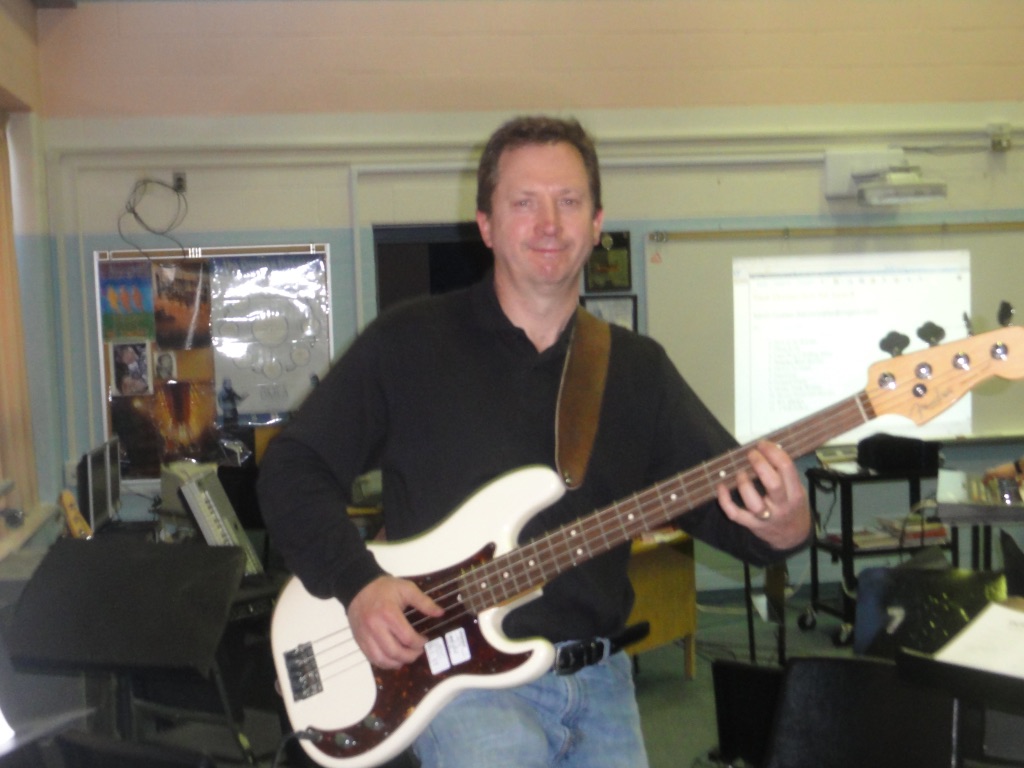53 - Find your passion . . . or develop it . . . to align with your life goals.
Reason for this Goal on how to find your passion: To find and/or develop a life passion is to truly live your life. Some people never develop their passion. Others are living passionately. You can see it on their face, in the way they talk, walk, and smile. Finding your passion or developing one means that . . .
- You’ll never work another day in your life (because it won’t seem like work).
- You will be living your life of purpose.
- You will rise to the top of your profession, naturally.
- You’ll have less stress and are likely to live longer.
- You’ll keep working for as long as you are able, and you’ll enjoy it.
How to find your passion . . . a new debate has emerged!
There is considerable discussion (and debate) about these 2 questions:
1. Do successful people develop their personal passion into a career? This is the cornerstone of hundreds of books on success.
2. Does passion and success evolve while working and developing your career to a point where you are passionate about your work? A great book, which discusses this thoroughly, is called, Be So Good They Can’t Ignore You, by Cal Newport.
In either case, it is your mission to discover how to find your passion or develop your passion. If you can incorporate or develop passion into your career, then going to work each day is a privilege and something to look forward to. The vast majority of people are in jobs and careers that they are not passionate about. Don’t let that be you. Many people can develop passionate careers around a wide variety of careers, by putting in the time and effort to becoming experts in their field, which ultimately leads to passion and success.
But if you are in a career that is only just paying the bills, and you cannot feel passionate about it, pursue your passion in your non-work time. There is a chance that your personal passion could come out of your responses to the your hobby and passion goals.
Things to think about to find your passion (s):
- What things do you love doing that you would do for free?
- What inspires you deeply?
- What makes your heart sing?
- What things come naturally and effortlessly?
- What do you look forward to the most?
Suggested Goal(s): Become so good at your job that passion naturally follows.
Your Outrageous Goal: Live passionately in all that you do, including your hobbies and your career.
How to find your passion . . . this is a goal that I’ve struggled with through much of my life; I’ve been influenced by so many books that have said you need to take your passion and develop a career around it. This is not easy, as most passions start off as hobbies (in my case, music and Karate) and not necessarily something you’re good enough at to develop a serious career around.
After reading the book referenced above, I read an article published by Mark Cuban (billionaire featured on Shark Tank), and he stated, “One of the great lies of life is follow your passions.” His argument is that most people we deem successful did not initially follow their passion; they developed it from putting in so much time and effort that they became recognized as experts and authorities in their field.
As an example, he says, if your passion is baseball, and you turn this into a career, unless you possess the natural strengths of a pro-ball player (i.e. in the case of a pitcher, being able to throw a ball at 90 MPH), you are prone to failure.
The important thing is that you find your passion and either pursue your passion in the form of a career, or you develop your passion in the career you have. This is essential to living a good life and having a fulfilling career. Decide which of the two options it is for you.
Return to career goals.
 One of my big passions is playing music. One important thing I've realized is that for me, playing music is something to enjoy as a hobby and not a career.
One of my big passions is playing music. One important thing I've realized is that for me, playing music is something to enjoy as a hobby and not a career.Last updated: December 10, 2019

